
|
February 2020
|
|
Western In The News is an e-Newsletter that highlights stories with a Western focus that received significant media coverage. This service is provided by Western's media relations team.
|
|
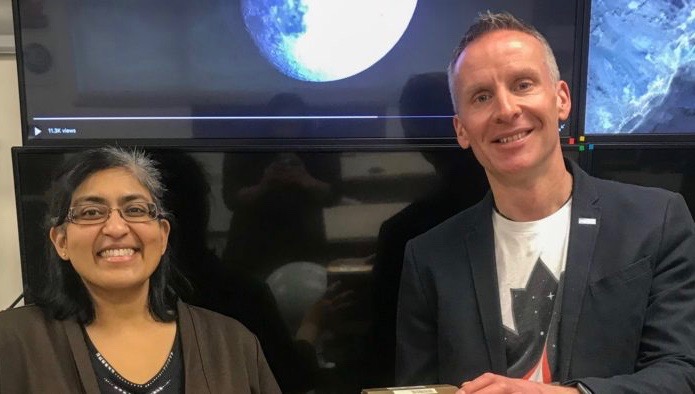
|
Western’s Gordon Osinski spoke with CTV News Channel’s Merella Fernandez about Western being chosen by the Canadian Space Agency to develop an Integrated Vision System for future rover missions that could ultimately represent a flagship Canadian technology contribution for international missions to the Moon.
|
|

|
The Atlanta Journal-Constitution featured a study from Western researchers Harry Prapavesis, Matthew Fagan and Anisa Morava, which found that exercise can have similar effects as caffeine on short-term memory.
|
|
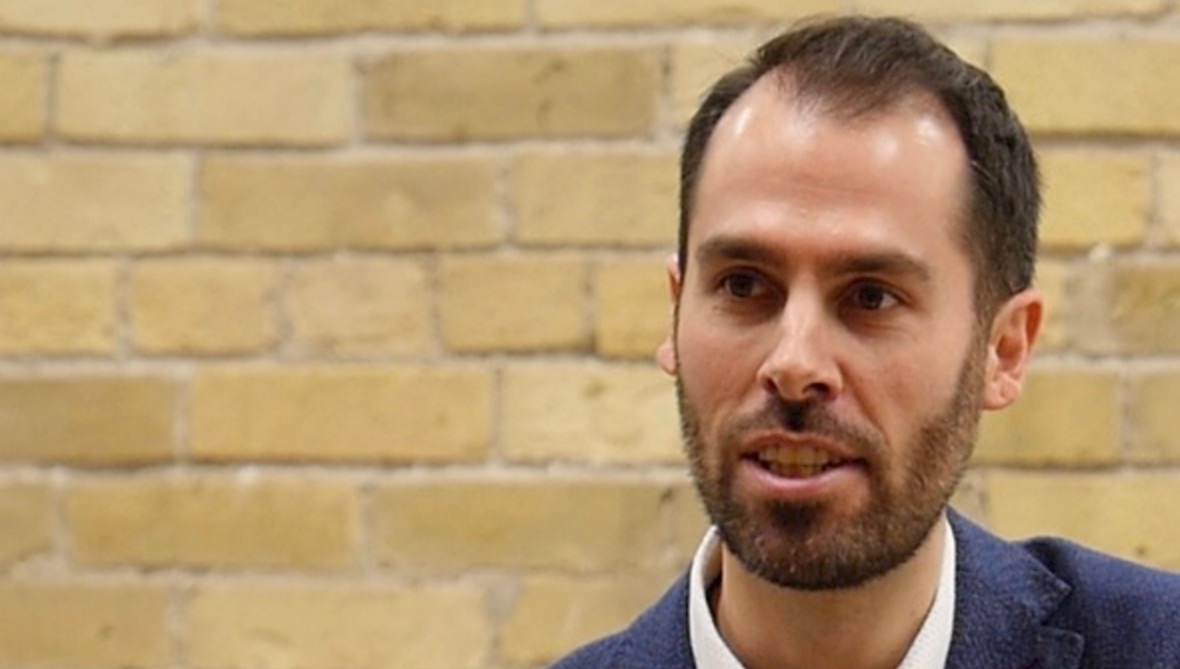
|
Western bioethicist Max Smith spoke to CBC’s The Current about the ethical considerations of quarantining due to the coronavirus in China.
|
|
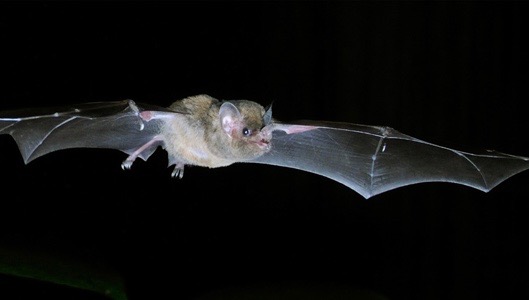
|
Western’s resident bat expert Brock Fenton spoke to Global News about ties between bats, viruses and humans.
|
|
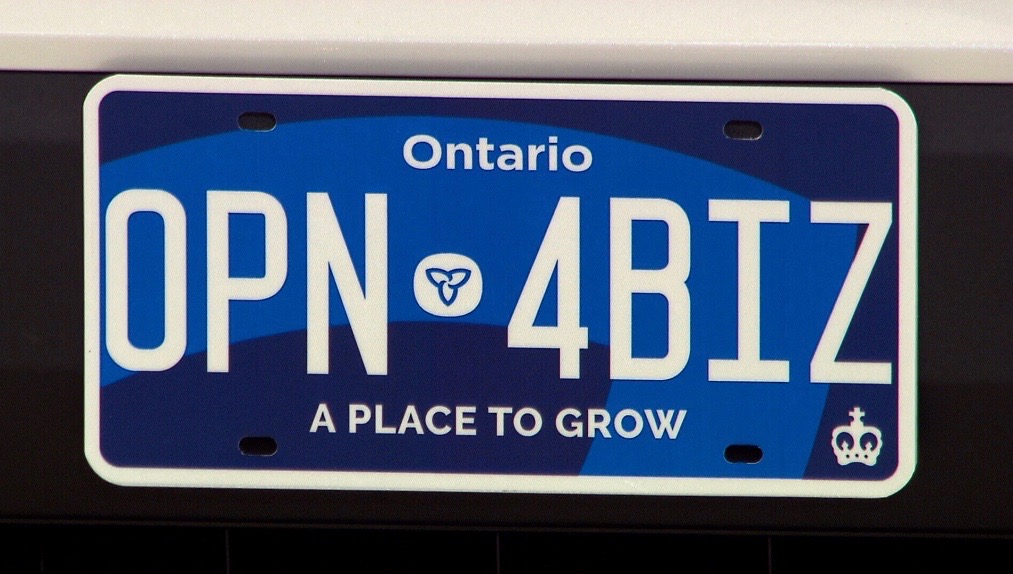
|
Mel Goodale from Western’s Brain and Mind Institute helped the Ottawa Citizen delve into why Ontario’s new license plates are proving to be difficult to see in certain light conditions.
|
|
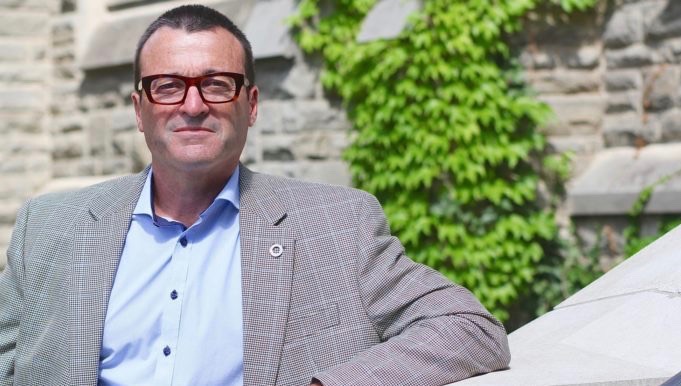
|
CTV News health reporter Ben Cousins spoke to Western bioethicist Charles Weijer after he alleged that the World Health Organization failed to properly inform the participants of a large-scale malaria vaccine study that they were part of a study.
|
|
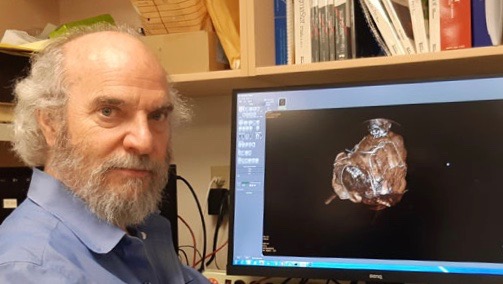
|
Spanish newspaper La Vanguardia featured a story about the work of anthropologist Andrew Nelson’s work using x-ray technology to study mummies in Peru.
|
|
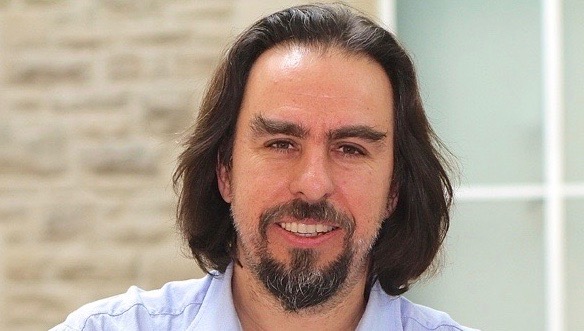
|
Global News reported on research led by Andrea Soddu of Western’s Brain and Mind Institute that used text mining and artificial intelligence to find that most people respond positively to near-death experiences.
|
|
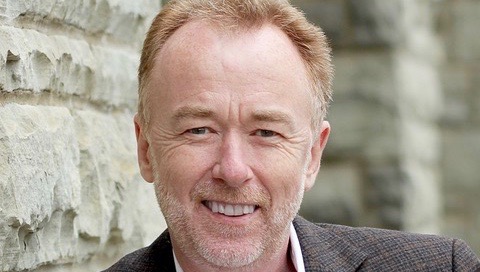
|
Neuroscientist Adrian Owen’s research using brain-computer interfaces to communicate with people who are otherwise non-verbal was featured in the Vancouver Province.
|
|
|
|
